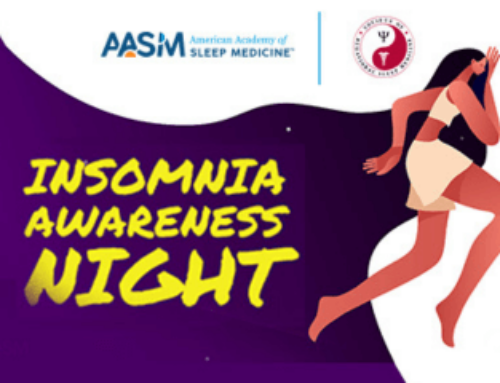DARIEN, IL — A study published online as an accepted paper in the Journal of Clinical Sleep Medicine found that later school start times were associated with a significant drop in vehicle accidents involving teen drivers.
Researchers analyzed motor vehicle accident statistics involving adolescents in Fairfax County, Virginia, for two school years before and after the implementation of later school start times. Results show that the crash rate in 16-to-18-year-old licensed drivers decreased significantly from 31.63 to 29.59 accidents per 1,000 drivers after the delayed start time. In contrast, the teen crash rate remained steady throughout the rest of the state.
“Accidental injuries including motor vehicle crashes are the number one cause of deaths of adolescents in the U.S., and anything we can do to mitigate that risk should be considered,” said senior study author Dr. Judith Owens, MPH, professor of neurology at Harvard Medical School and director of sleep medicine at Boston Children’s Hospital. “We know from independent data sources that after a change in school start times students get more sleep, which leads to multiple benefits, not just for individuals but also in terms of huge economic implications.”
The study compared motor vehicle crash rates among adolescents in the differing school start times in Fairfax County, which in the fall of 2015 pushed back school start times by 50 minutes from 7:20 a.m. to 8:10 a.m. Data also were compared to teenage crashes in the rest of the state, where school start times did not change. The analysis also found that the later school start time was associated with a lower rate of distraction-related accidents.
“Teenagers who get more sleep are less likely to make poor decisions such as not wearing a seat belt or engaging in distracted driving,” explained Owens. “One of the potential mechanisms for this reduction in car crashes is a decrease in behaviors that are related to risk-taking.”
The American Academy of Sleep Medicine supports middle and high school start times of 8:30 a.m. or later to promote teen health, safety and academic performance. The AASM’s school start time position statement is based on scientific evidence that teenagers experience changes to their internal circadian rhythms and biological sleep drive that result in later sleep and wake times. A delayed school start time offers several benefits:
- There will be a greater likelihood that teens will get enough sleep on school nights.
- Students will be more alert to achieve peak classroom performance.
- Reduced tardiness and absences will improve opportunities for learning.
- Students will experience better mental health and psychological well-being.
- Teen driving safety will improve.
The AASM recommends that 13-to-18-year-olds sleep 8 to 10 hours a day. Owens hopes her study will incentivize other school districts to examine school start times and their relationship to other safety issues beyond car crashes, such as sports-related injuries in student athletes.
“When schools start too early, students are being asked to wake up and function at a time when their circadian rhythm is telling them to stay asleep,” she said. “Changing school start times not only allows students to get more sleep but allows them to sleep at the optimal time. When they sleep may be equally important, if not more so, than how much sleep they get.”
###
To request a copy of “School Start Time Change and Motor Vehicles Crashes in Adolescent Drivers,” or to arrange an interview with an author or an AASM spokesperson, please contact the AASM at 630-737-9700 or media@aasm.org. Accepted papers, which are published online prior to their final inclusion in an issue, are not embargoed. The study is scheduled to appear in the March 2020 issue of the journal.
The monthly, peer-reviewed Journal of Clinical Sleep Medicine is the official publication of the American Academy of Sleep Medicine, a professional membership society that advances sleep care and enhances sleep health to improve lives. The AASM encourages patients to talk to their doctor about sleep problems and visit SleepEducation.org for more information about sleep, including a searchable directory of AASM-accredited sleep centers.




